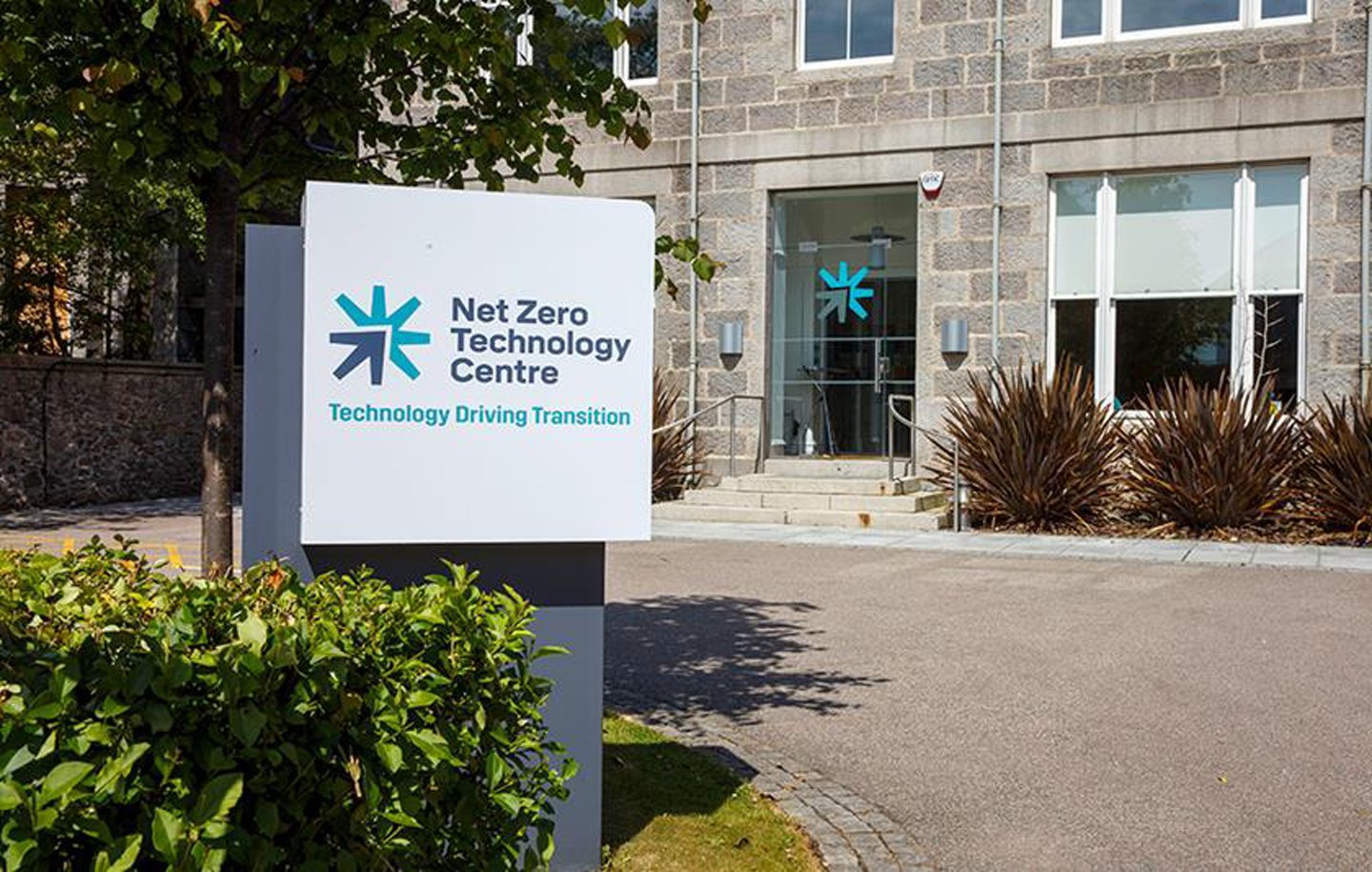Aberdeen’s Net Zero Technology Centre (NZTC) is planning a national centre to accelerate geothermal energy in the UK and become the “go-to” hub globally for the renewable technology.
Calum Watson, senior project engineer at the technology centre, has outlined ambitions for the oil and gas industry to help ramp up the clean energy, both onshore and in the North Sea.
The NZTC’s new National Geothermal Innovation Centre would develop technology and help create “bespoke regulation” for geothermal, with the aim of it providing 5% of UK energy needs by 2030.
By 2050, Mr Watson said geothermal could account for 20% of Britain’s energy mix, slashing carbon emissions in the process.
Geothermal is a burgeoning technology – which has been picked up in some countries like Iceland and the Philippines – which harnesses heat in the subsurface of the earth to generate electricity.
Some barriers to its uptake include expensive up-front costs like exploration and drilling.
However a report published this week by trade body Offshore Energies UK said there are 2,100 offshore oil and gas wells to be decommissioned in the North Sea next decade – which Mr Watson described as a “massive opportunity” for geothermal
Based at a “north-east location”, the new hub would be the “go-to centre globally for geothermal technology challenges but, crucially, would be world-leading in supporting government, and creating legislation and best practice for geothermal”.
Speaking at the Offshore Decommissioning Conference in St Andrews on Tuesday, Mr Watson did not disclose whether the plan had backers or when it might be set up.
He said it would be achieved through a “partner-led roadmap” akin to the NZTC itself – which is funded with £180m of UK and Scottish Government funding – and ultimately be powered by geothermal energy.
The national base would comprise a “solution centre” to scale up technologies from pilot stage.
It would also have a knowledge hub to share learnings and an “accelerator programme” to fund start-ups.
The NZTC has already dipped its toe into the tech – supporting a “first of its kind” test project for the EnQuest Magnus platform in the North Sea.
Mr Watson set out his hopes for what the centre could achieve by 2030, and highlighted the opportunity for oil and gas workers to transfer to the sustainable technology.
“ (By 2030) we want the centre to have delivered geothermal energy, accounting for 5% of the UK’s energy mix and on route for 20% by 2050.
“We would have multiple demonstrators successfully delivered to showcase and educate and, long term, the center will be run on geothermal energy.
“We will develop and deploy technology across teams and priority areas that reduce the cost of implementation of geothermal within the UK.
“This will provide a thriving industry with growing businesses, creating jobs and providing an opportunity for skills and technology transition from other industries.
“Geothermal in the UK has an untapped on and offshore potential. It will be within the energy mix, and it can provide energy security.”


Conversation